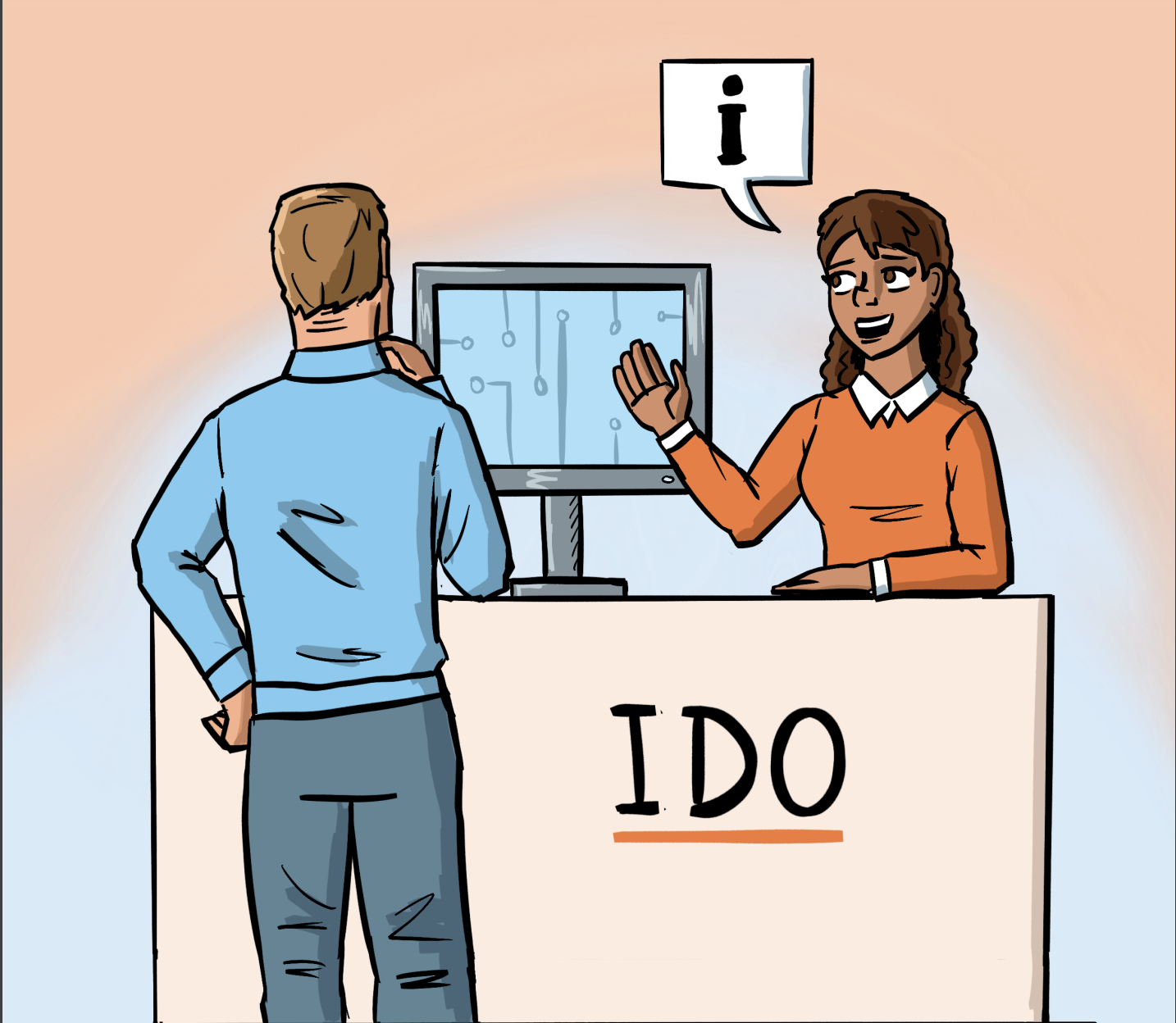Abstract
This summary presents the conclusions of the research project “Digital Literacy in the Library. It is estimated that some 2.5 million Dutch people lack basic digital skills. Libraries play an important role in encouraging digital inclusion. Through courses, walk-in clinics and, since 2019, the Digital Government Information Points (IDOs), they offer support to citizens in gaining knowledge, skills, competencies, confidence and insight to understand, handle and use digital technology in order to participate in an increasingly digitalized society.
The purpose of this pilot was to gain insight into: (a) from the citizen’s perspective: digital-low-literate people’s expectations of digital assistance in the library and how they relate to the expectations of library staff and organizations; (b) from the library: possible barriers preventing participation of digitally low literate people in these activities and how libraries can further increase participation in these programs.
The survey was conducted between September and November 2020 in libraries in three regions: Rotterdam, Venlo and Stadskanaal. Bi-weekly observations were conducted in the libraries during this period. In addition, in-depth interviews (N=32) were conducted with a selection of visitors and staff at these sites, and were our findings based on a systematic walk-through of online training sessions for IDO staff. The three regions (one large, one medium and one small place geographically scattered across the Netherlands with different demographic compositions) were selected to get the broadest possible picture of the role of libraries in promoting digital literacy among adults through informal learning. Given the period of the study, which took place between the first and second corona waves from September to November 2020, the pandemic had a major impact on the project. Although COVID-19 increased the need for digital literacy for citizens, libraries were visited less frequently during this period and anti-corona measures also allowed fewer activities to take place. The research was conducted by Rhanna Haverkort, Romy Roomans, Miyabi Babasaki, Maud Rebergen en Lucy Frowijn, onder begeleiding van Jiska Engelbert, Liesbet van Zoonen, Aodhán Kelly, Joëlle Swart en Marcel Broersma. No names of visitors or employees were used or stored during the survey, so all survey data is anonymous and cannot be traced back to specific individuals.
The findings of the study are presented in this report in three visualizations, with an explanation for each visualization. In the coming years, the library faces the complex task of increasing digital inclusion. These visualizatiosn are intended as a guide in this regard, as a starting point for having the conversation about digital help in the library.
